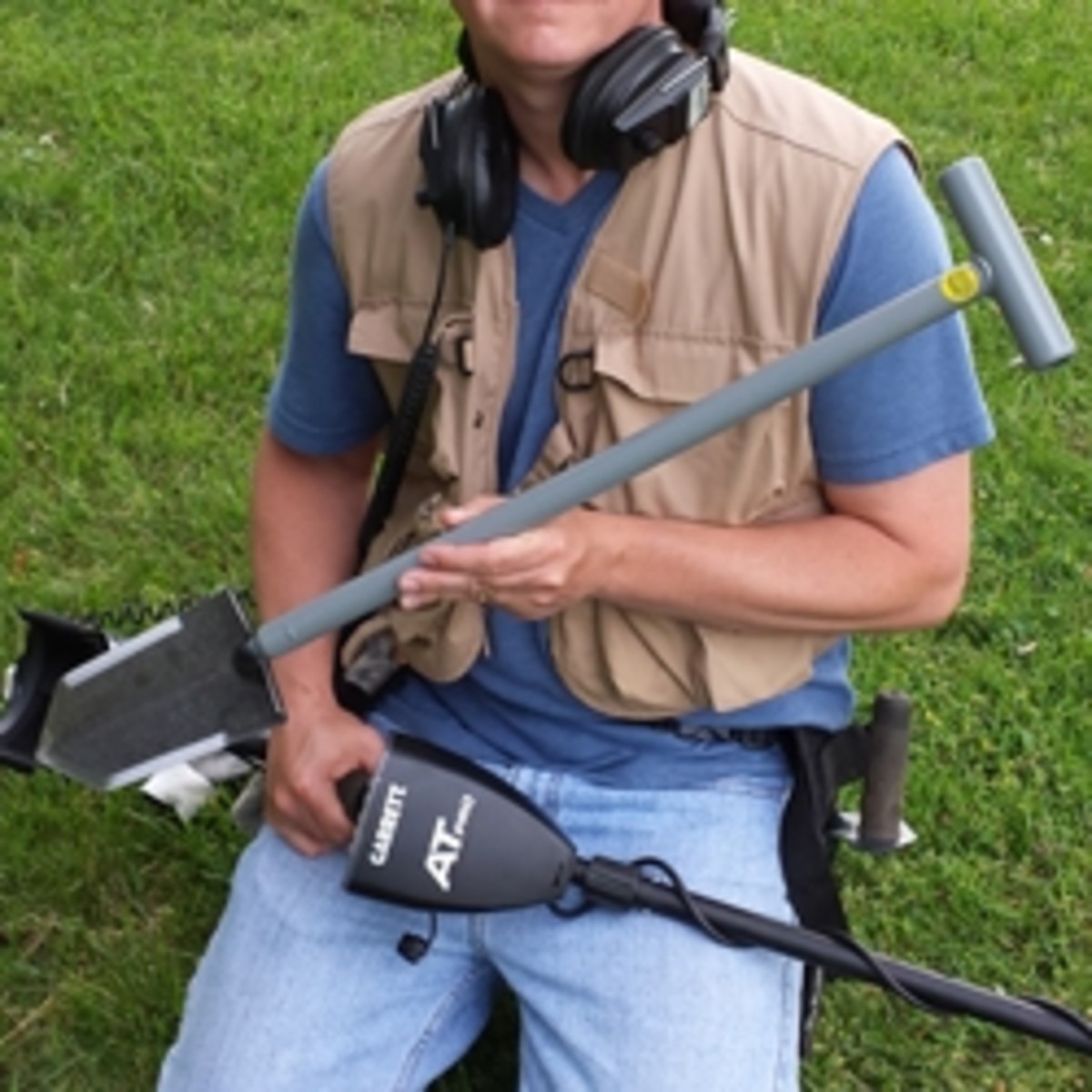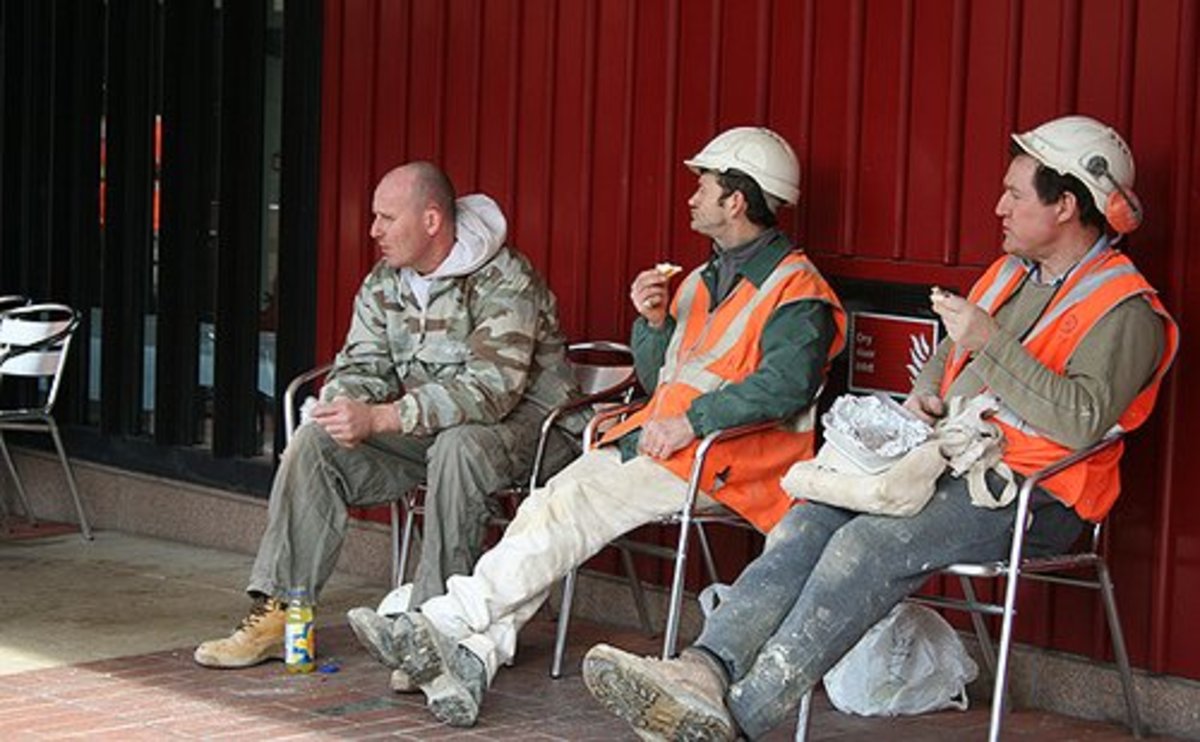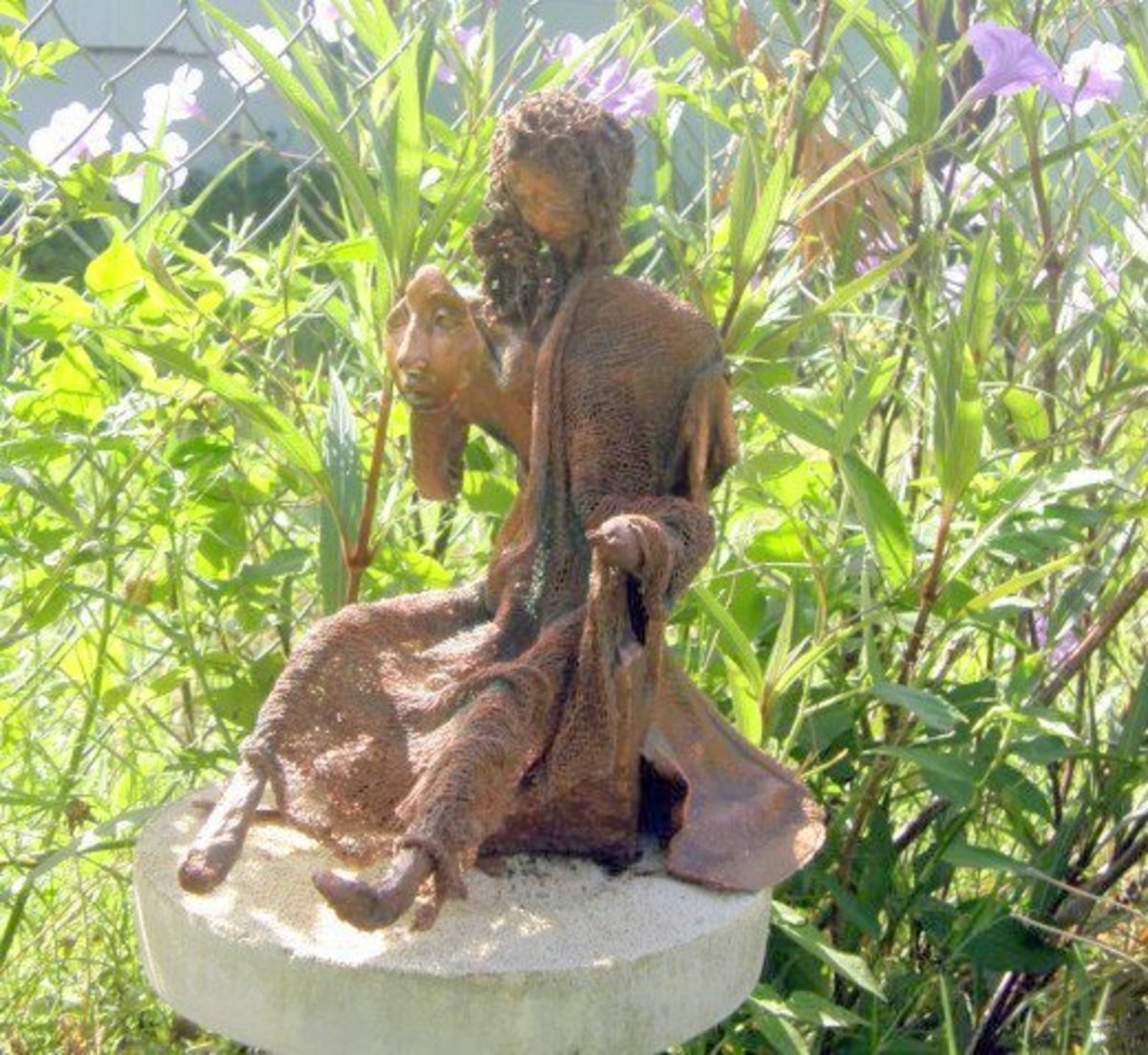Metal Detecting
Treasure Hunting
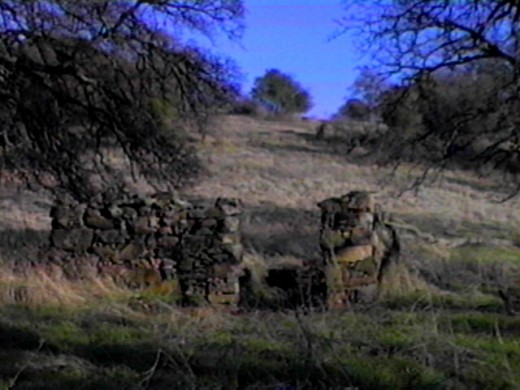
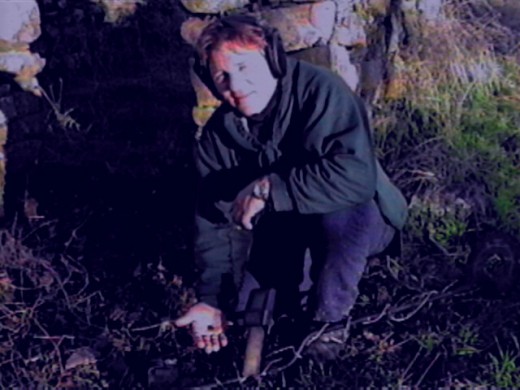
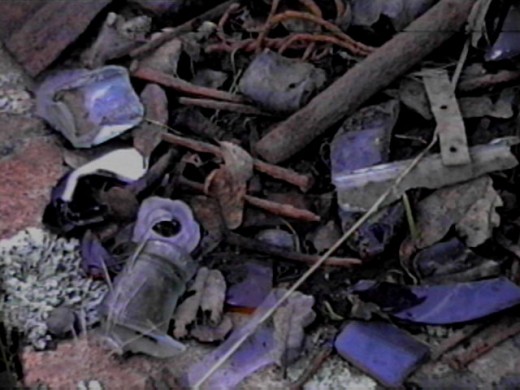
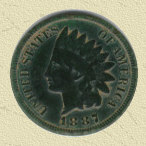
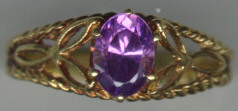
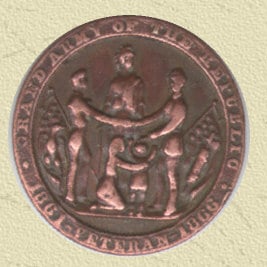
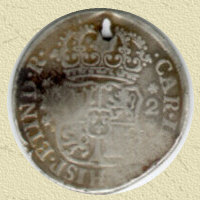
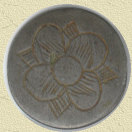
Metal Detecting
Research is as important if not more so than time spent in the field searching…
One of the most important things one should do is DO NOT THROW ANYTHING AWAY. I have found more treasure in my junk box months and sometimes even years after I dug the artifact.
If you are in a historical area. DIG EVERYTHING!
Document your expeditions. Bring a camera and a journal, Record where you find the object and when… Take a picture of the artifact and visible landmark if possible, this will help verify the artifact as authentic should you choose to sell it. There are so many fakes phonies and reproductions on the market that buyers are very weary of buying historical artifacts.
Sell your items only by AUCTION! After you have thoroughly researched it. Consider that most rare coins and artifacts sell for at least three times book value or more.
- Library- Newspaper archives
- Lost and found
- Robberies
- Follow escape path of robbers
- Follow up any leads as to legends of where they would ‘hole up’ or buried loot.
- Get to know the robber
- What was his habits
- Did he frequent the saloon, brothel, etc.
- Obituaries
- Research deaths of people with no known living relatives.
- People who have died while away from home
- 2. Historical books and photographs-The older the better.
- 3. Maps
Parks and recreation
- Old swimming sites
- Picnic sites (Look around the base of old large shade trees)
- Old Mines
- Schoolhouses’
- Meeting halls
- Old dried up ponds. The older the maps the better
****KEEP A CURRENT RECORD OF ALL NEW ROAD CONSTRUCTION IN MAJOR OLD CITIES. Try to find out where the construction workers are dumping the soil they remove.
3. Colonial Records
- This research field is vast
- Old traveling routes
- Footpaths
Realize that; before the advent of roads that in colonial times people would travel on heavily used foot paths of which may be mostly unused land today. First one would want to travel a path that gave them vistas for views. People would follow rivers and streams. *Note where wild animals are currently making their path.
- Tax Records
Who was the tax Magistrate for a specific area. Where are the traveling paths or roads to his place. Consider that a modern development may cross these well traveled routs. Any number of things could happen to a tax collector on such a route.
- Held up by ‘highwayman’
- Highways
- Stage routes
- Indian trails
- Many old Indian trails were used for trade and again many are in wilderness areas today.
- Colonial
- Spanish
- Missionary
- Military
- Settlements
- American Indian
- Villages
- Skirmishes
- 3. French and British
- Battle sites
- Taxation records
There were many private Coin Mints, some of which may have not been known. Likely candidates for people minting their own coins would be
- Silver and goldsmiths
- Blacksmiths
- Inventors
- Printers
- 4. Civil War Era
- Trains?
- Shipwrecks
- Beaches. Research Local beach’s for shipwrecks
Get a tide book- travel to the beach for the entire week once a month when you have the highest
Mini Balls are a bullet and the sell for between twenty and fifty dollars on e-bay
- BEACH HUNTING
Highest tide and the lowest low. This occurs every month and exponentially twice a year, During the winter solstice and once on the summer solstice The Earth experiences the most dramatic gravitational force from the moon as a result you have the most dramatic tides on the week of these events. If a storm is accompanying these tides then head for Florida. It will be worth it! Consider that the shore of the ocean is a giant three dimensional sluice box. Actually it may have several dimensions. I know from experience that my placer mining experience has contributed immensely to my luck at metal detecting the beaches.
You can make some good finds in the dry beach away from the water, but you will always find me down near the water wading as far as I can into the surf. It is here that you make finds from loses of which occurred over a period of years rather the recent sporadic loses.
Remember that a lot of jewelry has identifying insurance numbers engraved on it. There is no better thrill than recovering a lost wedding ring or family heirloom and returning it to the rightful owner.
During all tides the sea is either taking sand away from the beach or depositing more sand. In both cases detecting is good. But I find more gold when the sea is taking sand away which is clearly made evident when noticing a drastic shelf or cut away where the dry sand meets the wet. Concentrate your efforts on the three foot strip of beach both at the bottom of the shelf (first) and the top part of the shelf (when walking back the other way)
The surf is actually classifying metal objects by weight in density. This is because of a kinetic principal. The denser an object is the more energy potential it has stored within it.
An old professional miner, and I mean this guy was a real pro. He worked for the big industrial outfits. I met him while talking on my Ham radio.
He taught me about the peculiar habits of gold, most particularly a vein of gold. If one wants to find gold then it might help to learn the peculiar habits of gold. And gold has some very unique and sometimes odd habits.
- 5. Old Houses
There are many great places to search for treasure around old homesties. When searching a new site I like to find something right off the bat that gives me confidence, so I look in my favorite places first.
Around and underneath old large trees. People didn’t have air conditioning back in the day and going out into the front yard to eat your lunch under your favorite tree was a weekend activity
- Caches or buried money
Folks did not trust banks before the turn of the century and remember that most people lost what faith they had in banks after the stock market crash of 1929.
When people did bury money that almost always hid money in several different locations, this makes for a couple of different promising proposals.
If you know that a buried money was found at a location either inside or outside of the house, you might do well to re-investigate that location especially if a large amount was found because the person who found it most likely thought that was all there was
If the house is still erect find the kitchen window and try to ascertain what the view from that window an all the windows for that matter would be from the inside looking out. People liked to keep an eye on the hoard.
Look all around and especially the entrance of any doghouses. These place is all too often overlooked by detector-ist because usually there is an old rusty chain giving bad readings. Once the detector-ist sees this he is often discouraged and rather than dig up the sections of chain he suddenly abandons the area in hopes of finding an area with less trash.
I do not believe that there is such a thing as “This area has been all hunted out” I have spent over one hundred hours at a fifty by fifty foot area only to turn up a real ‘keeper’ on my one hundred and first hour.
If treasure’ has been found there chances are there is more there.
JOIN A METAL DETECTING CLUB or other associated club, like a historical club or community archeological class.
When joining a detecting club talk to the ‘old timers’ and especially take note of the areas that are “all hunted out”
- 6. Terraces
Terraces is that small strip of grass or landscaping between the sidewalk and the road. These are often quite old and the soil in them is even older! You can make some incredible finds in terraces. Concentrate in terraces in old towns or cites where large old trees are located. The older the tree the older the ground
- 7.Towns and Cites.
You don’t need very much ground to find a gold coin and the older the ground and the more exposed the ground is to traffic and human intervention the better. Keep you eye out for those smaller areas in historical areas that has remained untouched by modern development you would be surprised at how many areas there are.
- 8.Vacant Lots
Again RESEARCH that vacant lot today could have been a fairground in the distant past.
- 9. Cemeteries
No one likes detecting here but when permissible and if you can find the conscience to do it you can make some incredible finds just limit your searching to 12 inches or less.
- 10. Old Train Depots and Stage stops
There are many abandoned train depots and for the most part unless they are historically marked are pretty much ‘public domain’ however the railroad company does reserve the right to revoke such permission at any time.
Stage Stops are a thing of the bygone past however they are quite visible on some of your earliest maps
The railroad took special interest in stage stops either because the owned the stage express or for future development of the railroad. I have included some of these maps in this booklet.
- 11. Rodeo Grounds
The older the better, quite a few of rodeo grounds date back to the days of the Spanish. Remember that there was not much entertainment ‘back in the day’
- 12. Military grounds and Presidios
Remember that there were a lot more military hospitals, recovery camps and staging areas, as well as internment camps during all of the wars throughout the history of the US
That ‘ole field’ down the street or that new school playground could have been a staging ground for the US Calvary.
- 13. Schools and Churches
Back in the day schools and Church grounds were used for many community events which there were a lot more events back then than there are today. The Church ‘dime’ sale site may turn up quite a few ‘love tokens’
Chapter 2- Finds- and what to do with them.
When finding historical coins or artifacts you might consider making a presentation plaque or portfolio, including the historical information and the current pictures or video you made while or after you retrieved the object.
NEVER SELL TO A DEALER!!!!
- Coins- Never- sell to a dealer
- Trade Tokens- Highly collectible
- Love Tokens- are highly collectible
- Gold Nuggets- send them to a refinery get full value or call me.
- Scrap Gold Rings- refinery
- Scrap Silver-refinery
- Valuable Jeweled Rings and Jewelry
Palladium- Palladium is a precious metal more valuable than platinum. Its primary use is the small amount of metal used to attach the gems to a piece of jewelry however jewelry has been made of this metal. It is a dull gay in color and not too attractive. I have only come across one piece of jewelry mad entirely out of Palladium It was a ring and hallmarked only with a ‘P’


